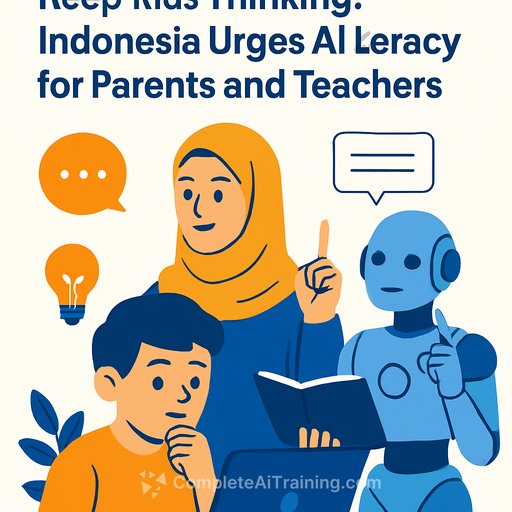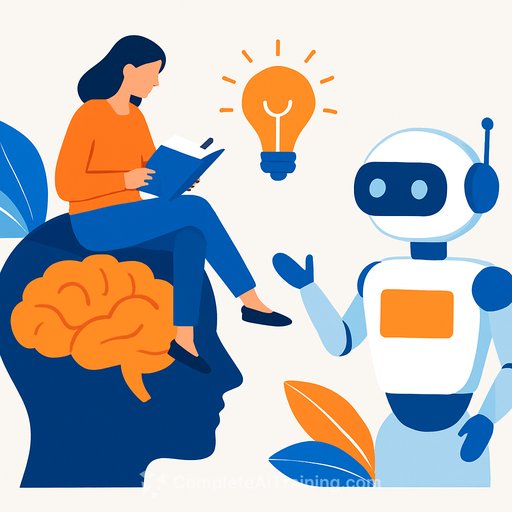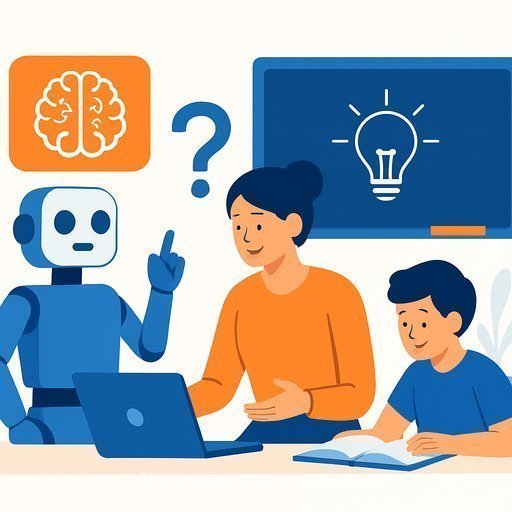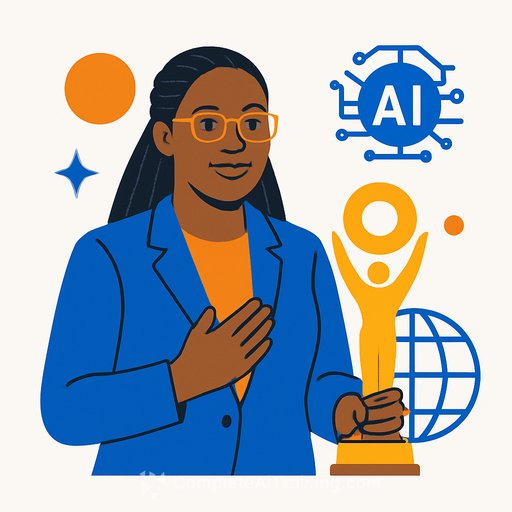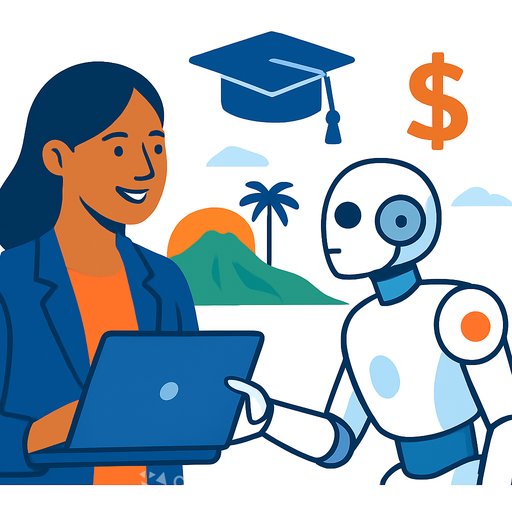AI Literacy for Parents and Teachers: Preventing "Brain Rot" in Children
JAKARTA - Deputy Minister of Communication and Digital Affairs Nezar Patria stressed a simple point that hits home for schools and families: AI literacy isn't optional anymore. It's how we protect children from dependence on artificial intelligence and the "rot brain" risk - where thinking skills decline because the tool does the heavy lifting.
"What we are afraid of isn't the children getting smarter with AI. What happens is the 'rot brain' - the brain is not used optimally, it all depends on AI," Nezar said on Sunday, November 9.
Why this matters for educators
Access to AI is easy, fast, and everywhere. That convenience can quietly replace effort and curiosity if we don't set guardrails early.
Nezar called for stronger digital literacy across parents, teachers, and students - so children learn to use AI wisely, not outsource their thinking to it.
What schools can implement this semester
- Set a clear AI-use policy. Define what's allowed (idea generation, outlining, language help) and what isn't (full answers, completed essays, unsupervised code). Require simple disclosure on all AI-assisted work.
- Teach process, not shortcuts. Have students show drafts, notes, and reasoning. If AI is used, they should explain what they prompted, what they accepted, what they rejected, and why.
- Mix assessments. Combine no-AI tasks (in-class writing, oral checks) with AI-assisted tasks (research planning, critique and revision) to keep thinking skills active.
- Bias and fact-checking drills. Make students verify AI outputs with trusted sources. No citation, no credit.
- Protect student data. Never paste personal information into prompts. Use school-approved tools and set privacy defaults.
- Design for equity. Offer offline or low-tech alternatives so access doesn't decide performance.
- Professional learning for staff. Run short workshops on prompt quality, evaluation, and ethics. One hour a month beats a once-a-year seminar.
Guidance for parents
- Write a simple family AI agreement. Time limits, approved tools, and a rule: AI can assist, but the child must think first.
- Co-use, then discuss. Sit with your child and ask, "How did the tool help? What would you change? What still confuses you?"
- Spot dependence early. Red flags: can't start without AI, voice shifts to generic, weaker recall during conversations or tests.
- Make curiosity the goal. Encourage first attempts by hand or voice notes, then use AI to review, question, and improve.
Indonesia's moves: talent and guardrails
According to Nezar, the Ministry is building capacity and ethics at the same time. Komdigi's AI Talent Factory is focused on developing digital talent that can compete globally. The aim is clear: grow builders and wise users, not passive consumers.
On the policy side, the Ministry of Communication has issued Circular Letter Number 9 of 2023 on Artificial Intelligence Ethics. This will be reinforced by a National AI Roadmap and a Presidential Decree on AI Ethics - so adoption stays ethical, responsible, and aligned with public interest.
Classroom checklist to reduce "AI brain rot"
- Disclosure required: Students note any AI tool used and paste key prompts.
- Thinking trail: Turn in draft, outline, and final - show the evolution.
- Source rule: No grade without citations that verify claims beyond AI.
- Voice consistency: Quick oral check or exit ticket to confirm understanding.
- Ethics minute: One scenario per week on bias, privacy, or fairness.
What to watch next
As the National AI Roadmap and the AI Ethics Presidential Decree roll out, schools can map their policies to national guidelines and global principles, such as the UNESCO Recommendation on the Ethics of AI. Expect more clarity on accountability, data protection, and classroom-safe use.
Want practical upskilling for educators?
If your team needs structured training and curated tools for classroom use, explore job-focused options here: Complete AI Training - Courses by Job.
The message is straightforward: teach children to think first and use AI second. With clear rules, consistent practice, and shared responsibility between school and home, we get the benefits of AI without dulling the mind that uses it.
Your membership also unlocks:

